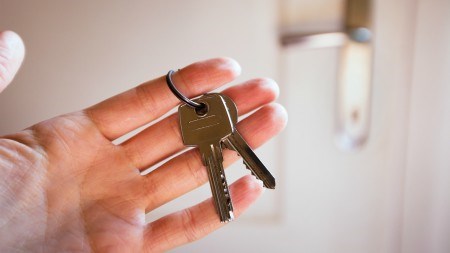A step-by-step guide to lead you through the renting process, enabling you to make the best decisions.
Making the best rental decision means knowing the in's and out's of what renting a property entails and who is responsible for what.
We've put a step-by-step guide together, to lead you through the renting process, allowing you to make the best renting decisions.
The Road Map
Find out more below on what you need to know about lease agreements, tenant and landlord rights, deposits and more.
1. Getting your ducks in a row
As a potential tenant, there are a few things to consider before you can rent a property. These include:
- Can you afford it? Are you financially able to afford the rental payment, and the deposit, which is usually 1-2 months' rent upfront.
- Are you creditworthy? A Credit Score is a three-digit number that helps lenders, employers and landlords decide whether to give you credit, employ you or let property to you.
- Are you prepared? It’s a good idea to go to a property viewing with a few things on hand:
- A copy of your ID
- Your credit score
- A copy of your latest payslip
- Latest 3-months' bank statement
- Enough money in your account to pay the deposit and at least the first month’s rent
Complementary article: Renting 101 - Getting your ducks in a row
2. Signing on the dotted line
Weigh up the pros and cons of leasing from a landlord versus leasing from an agent. Before you sign any lease agreement, ensure it contains the following information:
- The names and addresses of both parties
- The description of the property
- The rental amount and reasonable escalation
- The frequency of rental payments, i.e. monthly
- The amount of the deposit
- The lease period
- The notice period for termination of the contract
- The lessor’s obligations
- Any other costs payable by the tenant
- A list of defects
- A list of the furniture included, if a furnished property is rented out
- The House Rules, if any
Complementary article: Renting 101 - Signing on the dotted line
3. How to deal with the deposit
We answer all your questions relating to rental deposits including:
- How much is a deposit?
- What happens to my deposit?
- Is my landlord allowed to withhold my deposit?
- What is “fair wear and tear”?
- When do I get my deposit back?
Complementary article: Renting 101 - How to deal with the deposit
4. The landlord-tenant relationship
What happens when problems arise, and what the landlord and tenant rights are. The Rental Housing Tribunal was established to resolve disputes between landlords and tenants, and they deal with issues such as:
- Deposits
- Non-payment of rental
- Exploitative rentals
- Condition, use and maintenance
- Utility services
- Lease agreement disputes (verbal and written)
- The rights and duties of landlords and tenants
- Damage to property
- Eviction
- House rules
- Intimidation
- Issuing of receipts maintenance
Complementary article: Renting 101 - The landlord-tenant relationship
5. Terminating the lease agreement
We answer questions around the termination of a lease agreement such as:
- What notice period should I give?
- Do I need to pay anything extra?
- Can a landlord withhold my deposit?
- What happens if my landlord sells the property?
Complementary article: Renting 101 - Terminating the lease agreement




